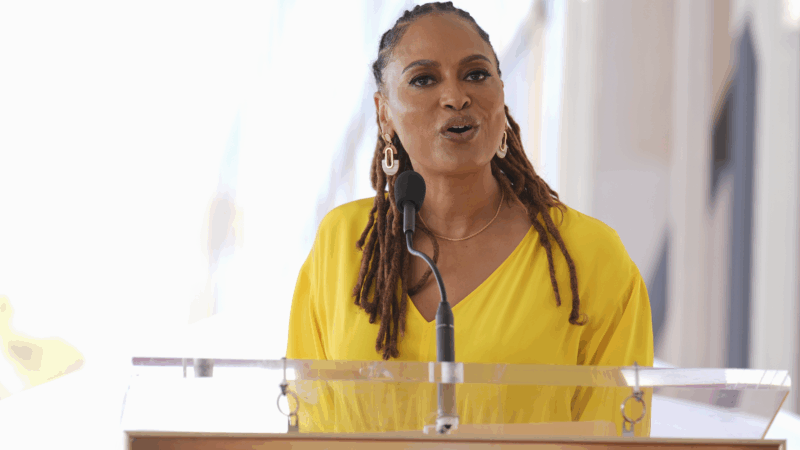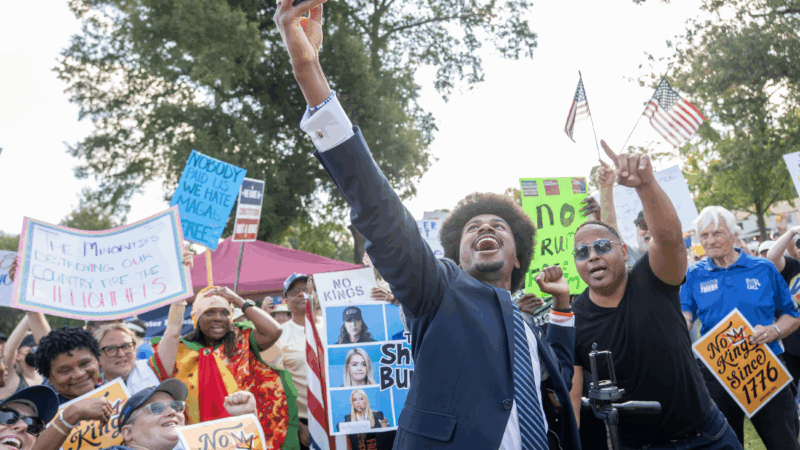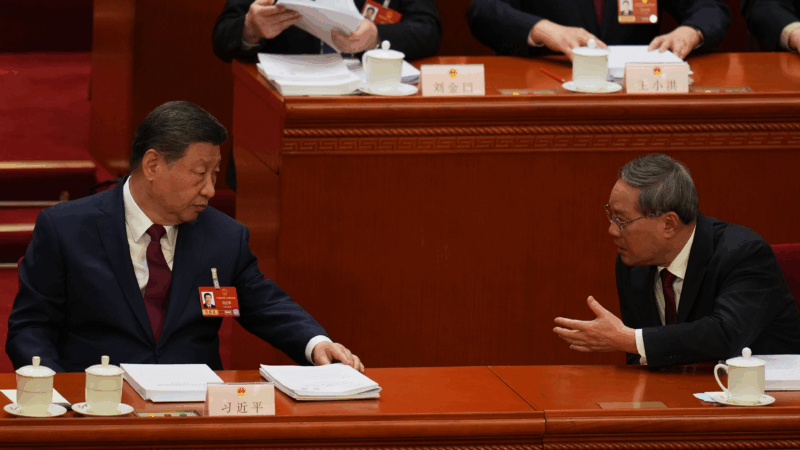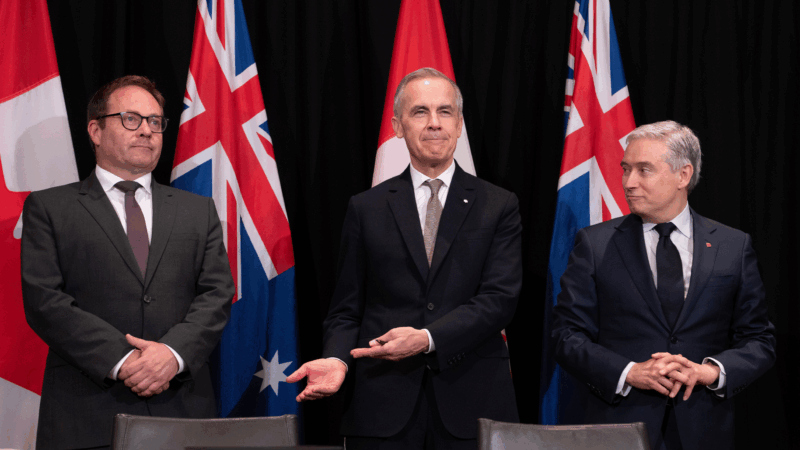Hollywood stars boycott Israeli film companies in response to Gaza crisis
More than 2,000 Hollywood figures, including well-known actors and filmmakers, have pledged to boycott the growing Israeli movie industry in response to the humanitarian crisis in Gaza.
The open letter was published online on Tuesday in five languages by Filmmakers for Palestine – which describes itself as “a call by and for filmmakers and cinema workers to stand for an end to genocide, and for a free Palestine.” The letter was signed by stars including Emma Stone, Gael Garcia Bernal, Alyssa Milano, Olivia Colman, Brian Cox and Ilana Glazer, among many others. Filmmakers who have signed include Ava DuVernay, Adam McKay and Yorgos Lanthimos.
The signatories are pledging to avoid working with Israeli film institutions that are “implicated in genocide and apartheid against the Palestinian people.”
“Despite operating in Israel’s system of apartheid, and therefore benefiting from it, the vast majority of Israeli film production & distribution companies, sales agents, cinemas and other film institutions have never endorsed the full, internationally-recognized rights of the Palestinian people,” the website’s FAQ page states.
Titled “Film Workers Pledge to End Complicity,” the letter defines such complicity as “whitewashing or justifying genocide and apartheid and/or partnering with the government committing them.” The FAQ page states that signatories may still work with Israeli individuals.
“The call is for film workers to refuse to work with Israeli institutions that are complicit in Israel’s human rights abuses against the Palestinian people,” the letter said. “This refusal takes aim at institutional complicity, not identity.”
The Israeli Government has strongly denied accusations that it is guilty of genocide in Gaza. Israel says its war effort is in self-defense and targets Hamas, not Palestinian civilians. Israel accuses the militant group of using civilians as human shields and says therefore Hamas is responsible for the civilian casualties in Gaza.
Inspired by 1980s filmmakers
The letter was modeled after a campaign in the 1980s signed by Hollywood filmmakers including Jonathan Demme, Spike Lee, Steven Spielberg, Susan Seidelman and Martin Scorsese, who refused to screen their films in apartheid South Africa.
The group sent a letter to President Ronald Reagan in 1987, urging him to support the boycott, The Los Angeles Times reported. Along with the letter was a joint statement from Demme and Scorsese, saying in part: “It has become clear that boycott and divestment . . . are the last possible peaceful methods available to achieve the ultimate goal of social change in South Africa, short of the looming and inevitable violent civil war that presently threatens that country.”
The Israeli film industry has been growing steadily over the past few years, according to a May 2025 report. The industry is expected to reach about $80 million in revenue by the end of the year. That is still considerably less than Hollywood, which will generate about $9.6 billion in revenue this year. Within Israel, people in the film industry worry that without other countries buying their film and TV productions, the industry will falter.
The Filmmakers for Palestine boycott joins a long line of efforts to boycott businesses with ties to Israel. The “Boycott, Divestment and Sanctions” (BDS) movement was launched by a collective of Palestinian unions, refugee and women’s groups, professional associations and others in 2005. Efforts have included calls for boycotts of multinational corporations such as McDonald’s, Chevron and Disney.
Israeli movie industry groups are pushing back against the new Filmmakers for Palestine pledge.
In a statement to NPR, the Friends of the Israeli Film and TV Producers Association, a nonprofit that supports the Israeli film and TV industry, called Filmmakers for Palestine’s boycott “profoundly misguided.”
“Signatories of this petition are targeting the wrong people,” said the group’s statement. “By targeting us—the creators who give voice to diverse narratives and foster dialogue—these signatories are undermining their own cause and attempting to silence us. We call on the international community to recognize our commitment to dialogue, peace, and giving voice to all sides of this conflict. Our stories are tools for understanding and healing, and we will continue using them to help bring an end to violence.”
Jennifer Vanasco edited this story.
Wall Street is betting on tariff refunds after Supreme Court ruling
When the Supreme Court struck down many of President Trump's tariffs, it left importers wondering how long they'd have to wait to get their money back. Hedge funds are offering to help out.
Announcing the 2025 NPR College Podcast Challenge Honorable Mentions
Here are some of the best entries in NPR's 2025 College Podcast Challenge.
A run for their money: Young candidates rival older incumbents in midterm fundraising
As a growing crop of young candidates challenge longtime Democratic incumbents, some are not just breaking through in the money race, but outraising their opponents altogether.
When ICE came, Minneapolis created underground health networks. Should other cities?
The Trump administration's immigration crackdown in Minneapolis forced some families into hiding and catalyzed informal medical networks to deliver critical health care services inside homes.
China sets a lower economic growth target of 4.5% to 5% for 2026 as challenges loom
China has signaled continuity rather than change for its economy, setting a slightly lower target for growth this year in the midst of a property slump and other headwinds at home and growing uncertainty abroad.
Carney says he backs strikes on Iran ‘with some regret’ as world order frays
Canadian Prime Minister Mark Carney says he supports the strikes on Iran "with some regret" as they represent an extreme example of a rupturing world order.








